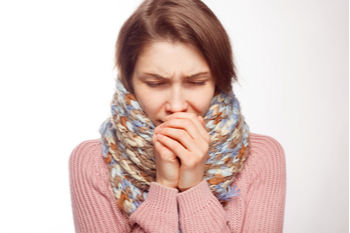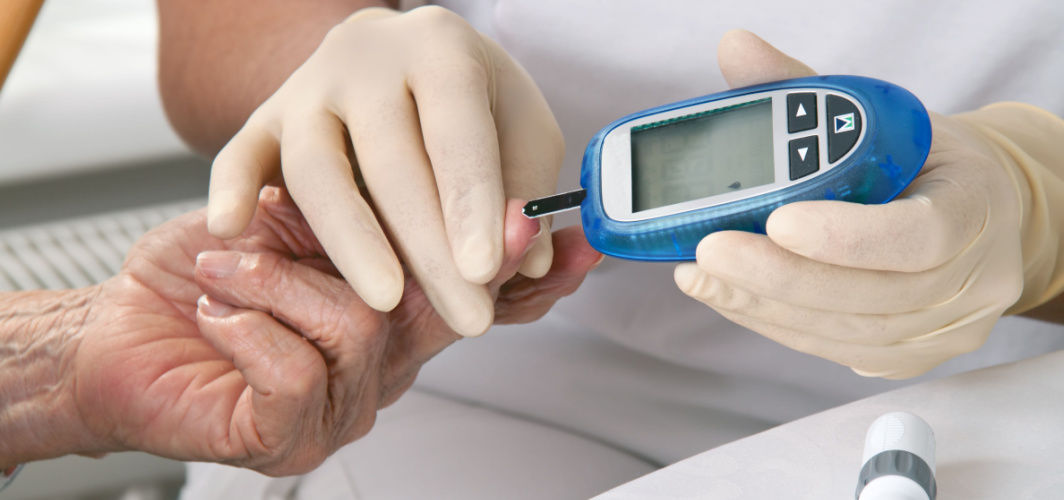General Health
Is Your Monsoon Fever a Sign of Typhoid?
3 min read
By Apollo 24|7, Published on - 08 July 2022, Updated on - 25 October 2023
Share this article
0
6 likes

With the arrival of the monsoon, the prolonged spell of searing heat has finally drawn to a close. However, the rainy season has also created a favourable environment for the growth of bacteria and viruses, some of which are carriers of waterborne diseases. Typhoid is one such waterborne disease whose risk rises significantly during the monsoon. One of the first signs of typhoid is fever. However, fever is also a sign of several other diseases, thus, the diagnosis cannot be confirmed until the results of medical tests reveal the exact cause. Read the article below to know if your monsoon fever is a sign of typhoid.
What causes typhoid?
Typhoid is a serious medical condition that is caused by a bacterium known as Salmonella typhimurium (S. typhi). The infection from the bacterium often spreads when a healthy individual consumes food or water contaminated with stool or urine of an infected person. Once exposed to the bacteria, the healthy individual gets infected and develops typhoid.
What are the signs of typhoid?
Apart from high fever, other symptoms of typhoid include:
- Weakness
- Headaches
- Abdominal pain
- Loss of appetite
- Nausea
- Bloating
- Constipation
- Diarrhoea

Can typhoid result in health complications?
Without timely diagnosis and treatment, typhoid can cause life-threatening complications. One of the most severe complications of typhoid is intestinal bleeding, which is marked by the development of holes in the intestine. The holes cause leakage of contents from the intestine into the stomach, resulting in stomach pain, nausea, vomiting, and sepsis (infection of the bloodstream).
Some of the other less common complications linked to typhoid include:
- Myocarditis (inflammation of the heart muscle)
- Endocarditis (inflammation in the lining of heart muscles)
- Pancreatitis (inflammation of the pancreas)
- Meningitis (infection and inflammation in the brain and spinal cord)
- Infection of the kidney or bladder
- Pneumonia

When should you consult a doctor?
If you experience any of the aforementioned symptoms or complications, then you should immediately consult a physician. The doctor would collect a small sample of your blood, stool, urine or bone marrow to look for the presence of S. typhi bacteria. Upon diagnosis of typhoid, you will be prescribed antibiotic therapy. Ciprofloxacin, azithromycin, and ceftriaxone are some of the antibiotics that are commonly used to treat typhoid. In rare cases, surgery may be required to address intestinal bleeding.
Can typhoid be prevented?
The risk of typhoid is significantly higher in places that lack access to safe drinking water and sanitation facilities. People living in such places can reduce their risk of infection by:
- Washing hands using soap and water before eating or preparing food and after using the toilet. One can also use an alcohol-based sanitiser when soap and water are unavailable.
- Drinking only bottled or purified water. Contaminated water is one of the major causes of typhoid infection.
- Avoiding the intake of raw vegetables and fruits, especially those that can’t be peeled. Remember to wash vegetables properly before cooking.
- Eating hot or steaming foods as bacteria can’t live or grow on such foods. Avoid intake of foods that have been stored, prepared or served at room temperature.

Fever is a common health issue that can have multiple causes. However, it can be an early sign of typhoid during the monsoon season. If you experience any of the aforementioned symptoms alongside fever, consult a qualified physician immediately.
Medically reviewed by Dr Sonia Bhatt.
General Health
Consult Top Infectious Disease specialists
View AllLeave Comment
Recommended for you

General Health
PPBS Test – Preparation, When To Take It, Uses, Purpose, Cost
Learn about the PPBS test: how to prepare, when to take it, its uses, purpose, and cost. Get the information you need for better healthcare decisions.

General Health
What To Do If A Bee Stings You?
A honeybee sting can be quite painful. This blog highlights home remedies and medications for bee stings and how you can deal with them.
.jpg?tr=q-80)
General Health
Which Vitamin Is Good for Hair?: A Complete Guide to Hair-Friendly Vitamins
Subscribe
Sign up for our free Health Library Daily Newsletter
Get doctor-approved health tips, news, and more.
Visual Stories

Could There Be More to Your Snore?
Tap to continue exploring
Recommended for you

General Health
PPBS Test – Preparation, When To Take It, Uses, Purpose, Cost
Learn about the PPBS test: how to prepare, when to take it, its uses, purpose, and cost. Get the information you need for better healthcare decisions.

General Health
What To Do If A Bee Stings You?
A honeybee sting can be quite painful. This blog highlights home remedies and medications for bee stings and how you can deal with them.
.jpg?tr=q-80)
General Health